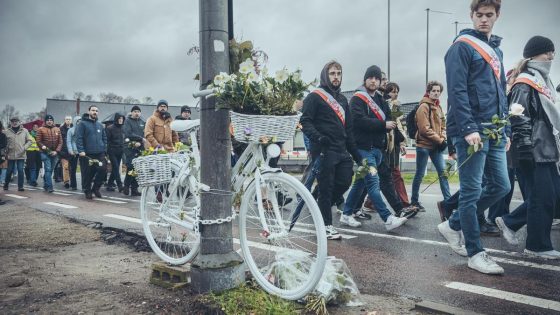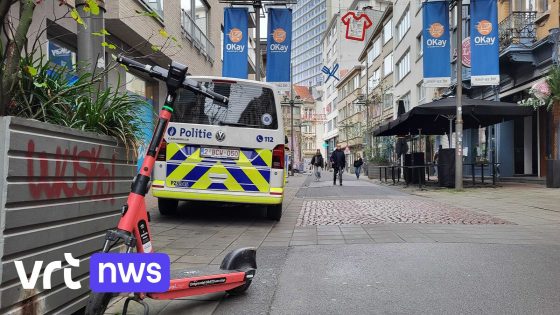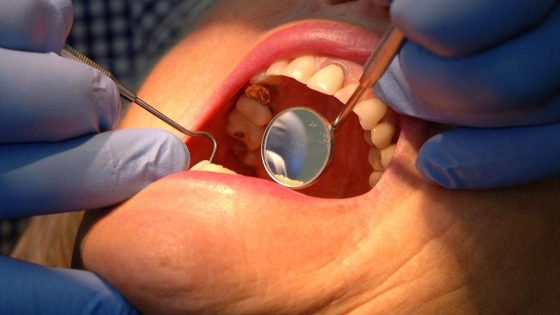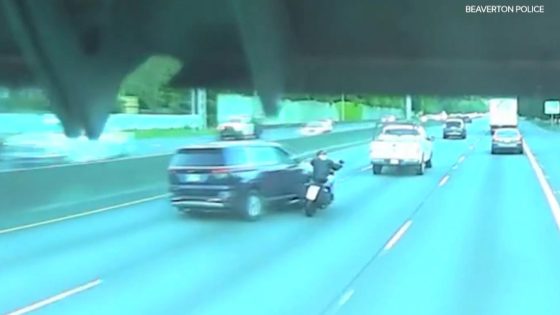A tragic case of drunk driving has gripped the Belgian community, spotlighting the severe consequences of reckless behaviour on the road. On 2025-06-05 14:00:00, the Hasselt police court heard the case of Pieter S., a 27-year-old repeat offender facing up to eight years in prison for a fatal drunk driving incident in Diepenbeek.
- Pieter S. risks eight years for drunk driving
- Victim Els Smeyers died in accident
- S. fled scene after collision, later returned
- S. used ex-wife’s car without permission
- Prosecutor demands five years for manslaughter
- Ex-wife faces insurance issues, files complaint
Pieter S., who had previously been convicted five times for drunk driving and hit-and-run, caused the death of 56-year-old Els Smeyers while driving under the influence with nearly 2‰ blood alcohol. This devastating event raises urgent questions about road safety and the effectiveness of current penalties for repeat offenders.
How can Belgium better prevent such tragedies? And what does this case mean for victims’ families and the wider public? The upcoming verdict will shed light on these concerns.
This case forces US to consider the broader implications of repeat drunk driving offences in Belgium. Should harsher penalties be the only deterrent? How can authorities support victims’ families more effectively? Key points include:
- Repeat offences increase risks and demand stronger preventive measures.
- Victims’ families suffer profound losses, necessitating improved legal and social support.
- Alcohol interlocks and vehicle restrictions are critical but may require stricter enforcement.
- Public awareness campaigns remain essential to change dangerous attitudes toward drinking and driving.
As the verdict approaches, Belgian society must reflect on how to balance punishment with prevention. Will this case prompt stronger laws or better rehabilitation efforts? The future of road safety depends on the answers.

































